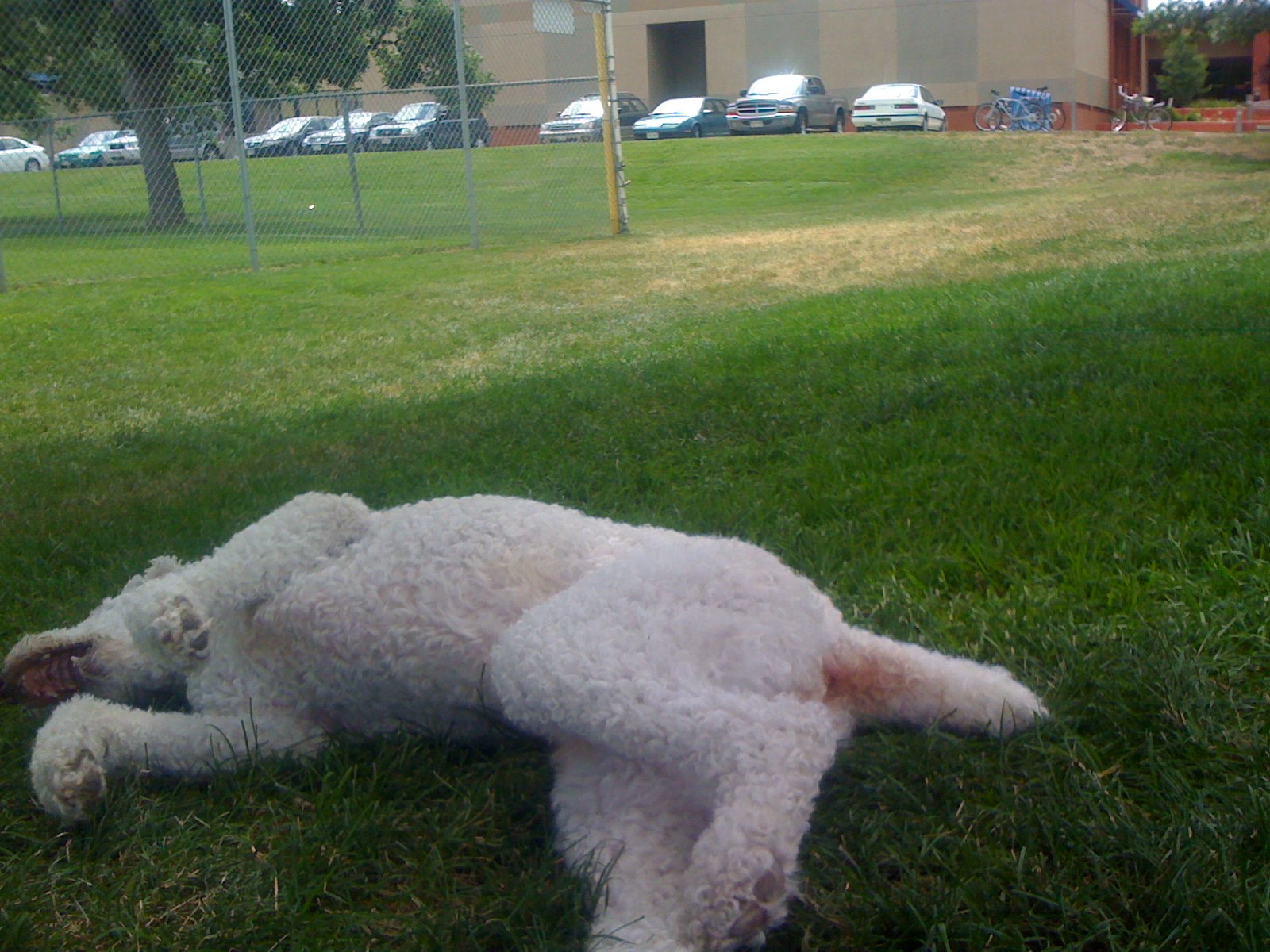
Try
to praise
the mutilated world.
Remember June’s long days,
and wild strawberries, drops of rosé wine.
The nettles that methodically overgrow
the abandoned homesteads
of exiles.
You
must praise
the mutilated world.
You watched the stylish yachts
and ships; one of them had a long trip
ahead of it, while salty oblivion awaited others.
You’ve seen the refugees going nowhere,
you’ve heard the executioners
sing joyfully.
You
should praise
the mutilated world.
Remember the moments when
we were together in a white room and
the curtain fluttered. Return in thought to
the concert where music flared. You
gathered acorns in the park in
autumn and leaves eddied
over the earth’s
scars.
Praise
the mutilated world
and the gray feather a thrush lost,
and the gentle light that strays
and vanishes and
returns.




